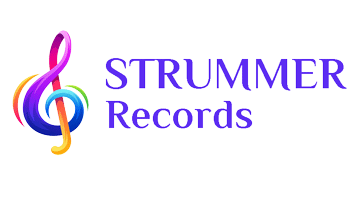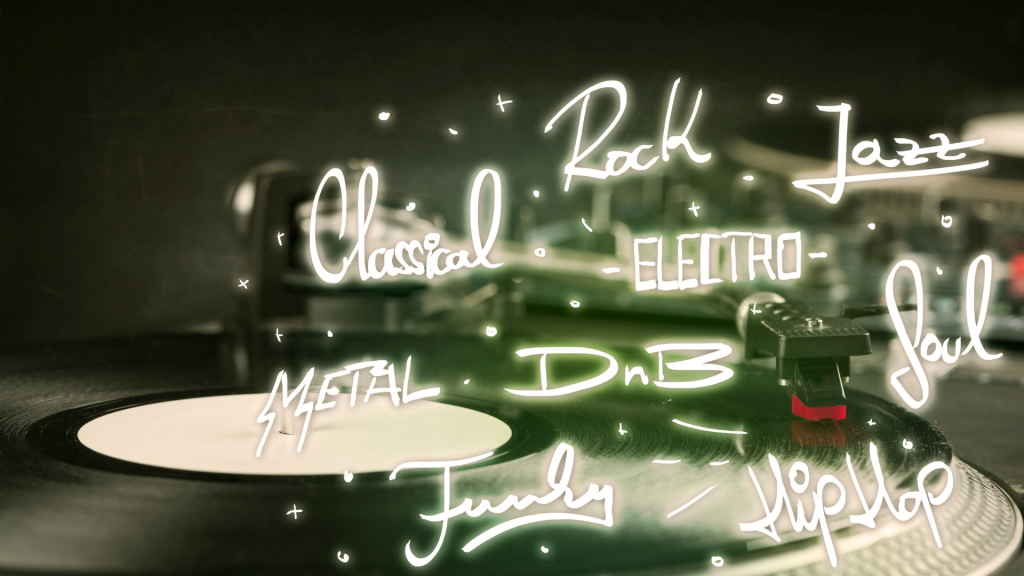Music is usually understood to mean sound, but music, like art, science, and literature, can also be understood in more abstract terms. In music, a genre is a pattern or grouping of musical elements common to a certain musical style and often to a particular period.
A playlist of songs can be the perfect soundtrack for a road trip, a night out with friends, or the perfect background noise while catching up on Netflix. But with so many songs out there, including so many different genres, it can be hard to find just the right fit for your playlist. But fear not: with this guide, you’ll not only know the basics of what kinds of music are available, but you’ll also learn a bit about their history.
What is the Musical Genre
A musical genre is a category of music that contains similar types of music. Sometimes, people call music genres to differentiate this genre from another genre. For example, if someone says, “I listen to rock,” they are referring to all the rock songs they listen to. However, when someone says, “I listen to jazz,” they are referring to all the jazz songs they listen to. When someone says, “I listen to country,” they are referring to all the country music they listen to.
Music genres are complex, with various sub-genres designed and categorized by critics and fans alike. But what exactly defines a genre? If asked, many music lovers would be unable to answer, citing various musical elements, such as instrumentation, lyrics, and tempo, that factor into genre distinction.
Different Types of Musical Genres
Country Music Genre
Country music spans many decades, and it’s filled with various styles and sounds. Many fans received some country music artists well, while others jeered others. Country music is a style of music that originated in the United States in the late 1940s. It incorporates blues, folk music, bluegrass, and gospel music. The first country songs were from country bands that performed for honky-tonk bars. The genre has become very popular in recent years and is popular among young adults.
Pop Culture
Pop culture is the basis for some of the most influential music artists in history and the basis of pop culture music. Pop culture music, a genre of music, is a broad genre of music that is generally characterized by a catchy beat, lyrics, and vocals. Pop culture music is part of the enormous scope of music but is often thought of as music intentionally made for the masses. Pop culture music encompasses the wide variety of music genres the audience of popular music consumers enjoys. Pop culture music is often characterized by its melodic content, as audiences demand the songs to be catchy. Popular culture music is often strongly marketed through music videos, radio, live performances, and music videos.
Hip hop and Rap
Hip hop is a movement that grew out of the African American community. Music plays a large role in this movement, but so is fashion. Hip hop fashion trends are constantly changing. These trends include hip-hop clothing, hairstyles, culture, and language. Hip hop and rap have revolutionized the music industry. Some have come to see it as a degrading influence on young people, while others have begun to see the art form for what it truly can be. Rap has solidified its place as a hip-hop staple, and the genre is constantly evolving.
R&B Music
Love is everywhere, and R&B is the love language. R&B is a genre of music that is a combination of R&B and soul. African Americans created this genre of music in the early 1900s as part of the great migration. R&B has many different subgenres; however, the music generally revolves around stories of love, relationships, heartbreak, and longing. R&B is a variety of African American music centering on soul music, rhythm and blues, and hip hop. The genre incorporates soul music’s lyrical and musical elements, with dramatic and expressive singing, soulful backing harmonies, and rhythmic basslines.
Disco Music Genre
Disco music was danced everywhere, from the school dances to the nightclubs, and on to weddings, and eventually to the nightclubs again. Disco music was danced everywhere, from the school dances to the nightclubs, and on to weddings, and eventually to the nightclubs again.
Disco music is often considered a novelty or retro sound, but disco was a significant turning point in music history. The disco scene was responsible for shaping the sound of the 80s and the birthplace of several genres and sub-genres, such as house music, R&B, and electro.
So, a collective musical experience broadens our horizons, imaginations, and appreciation of music. Genres are liberating, and musical genres are like language. They are rooted in our cultural heritage.

